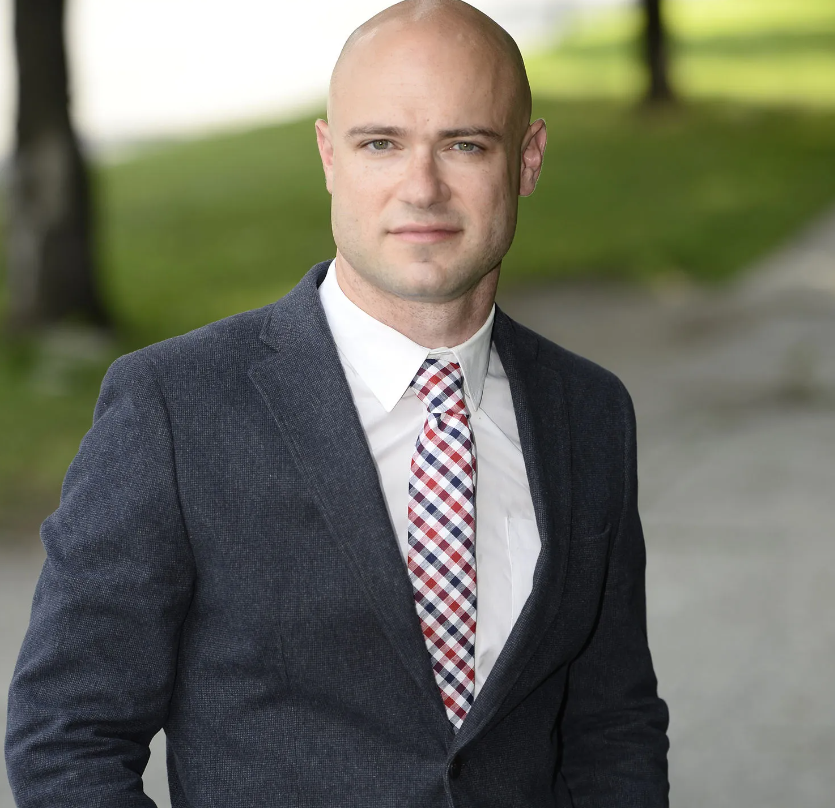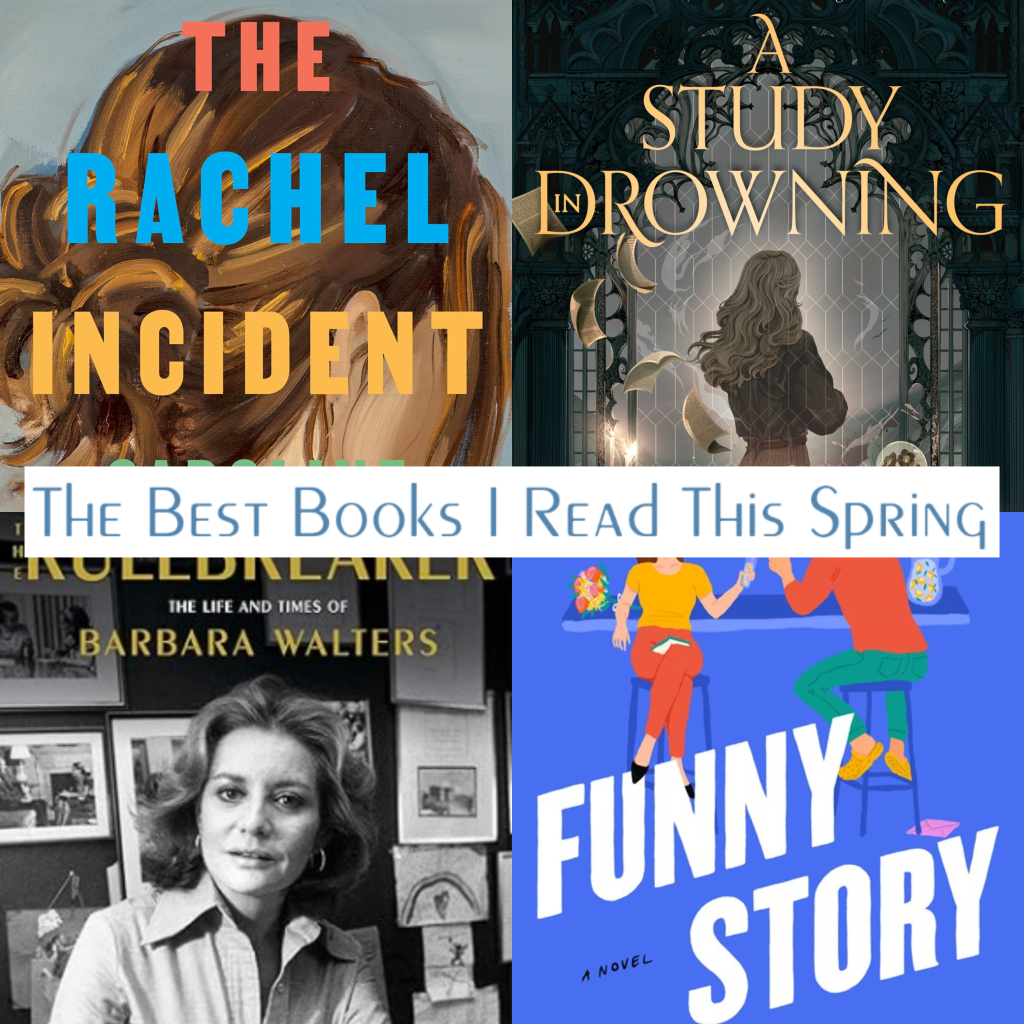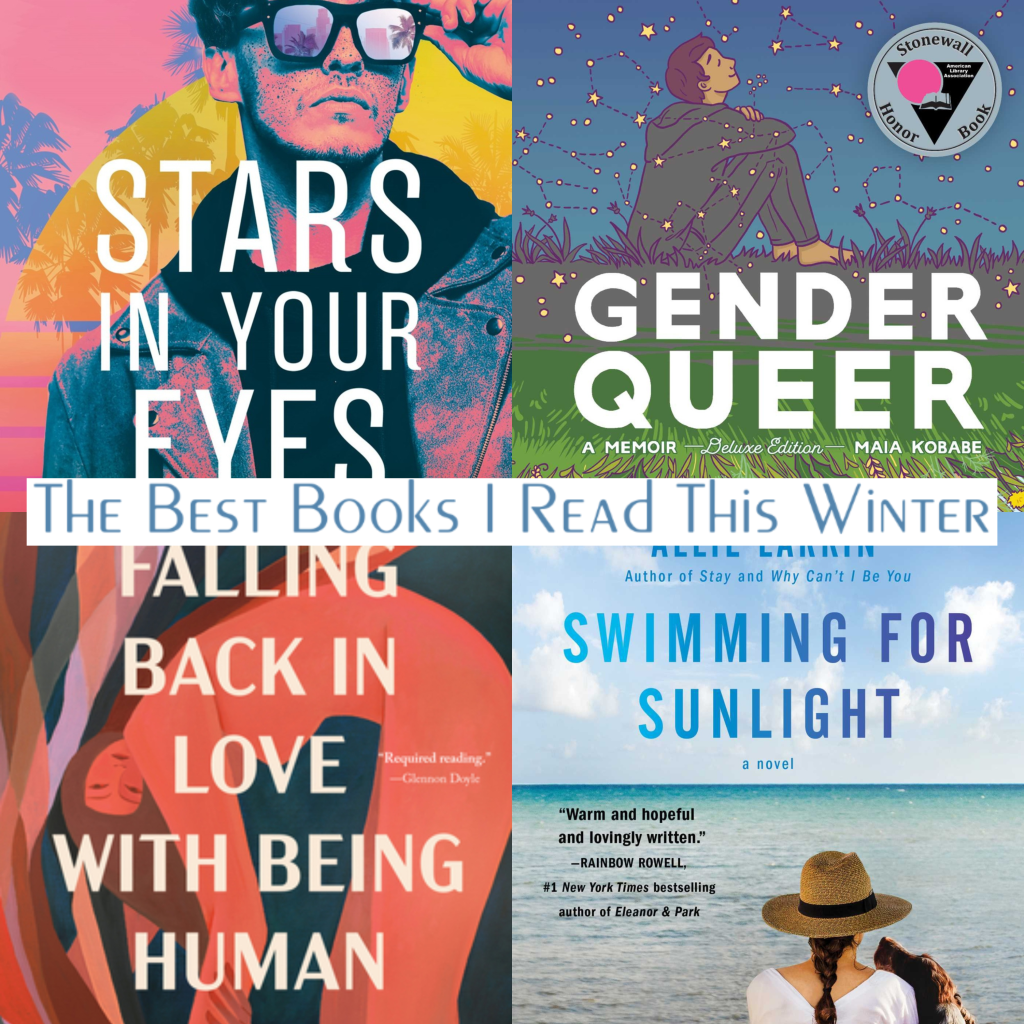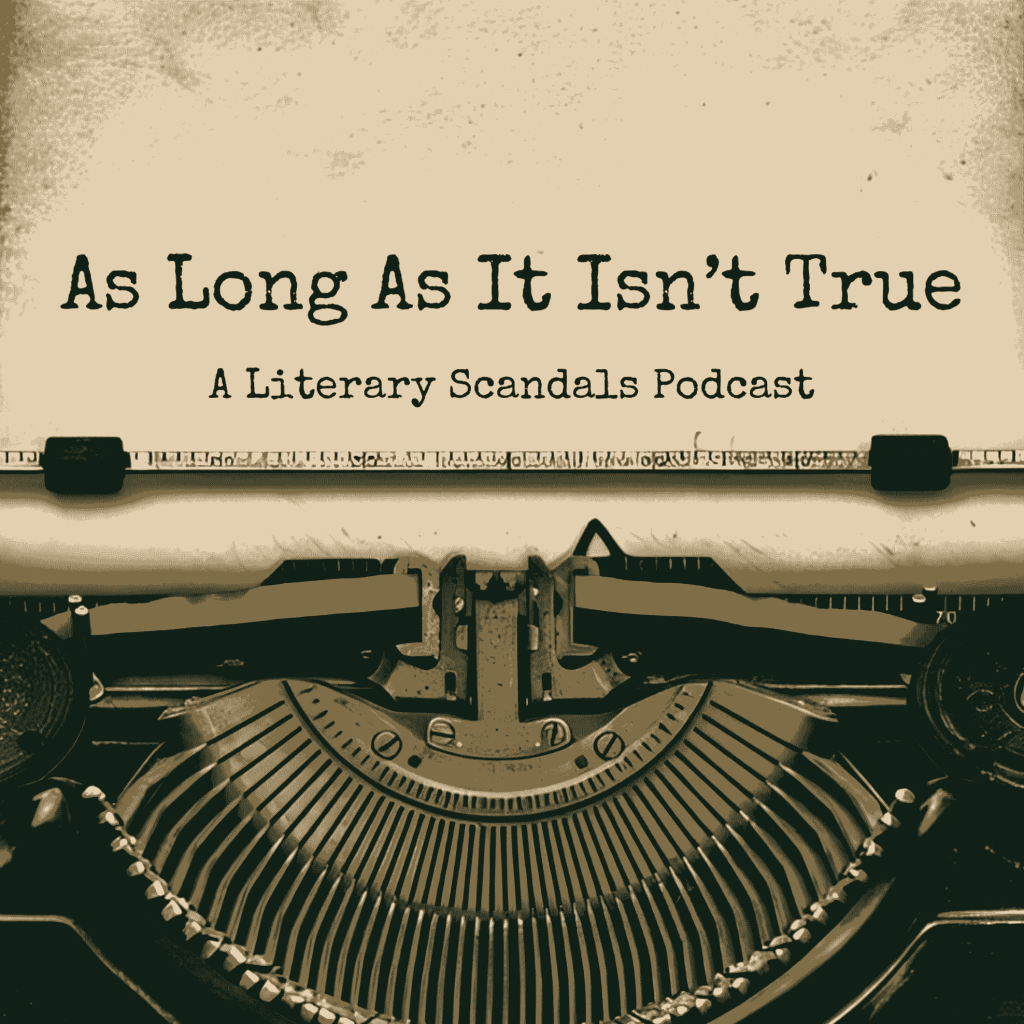
20 Questions is a Q&A interview series with authors, musicians, and everyone in between, celebrating experiences both shared and individual in the messy game of being human.
“When children grow up they usually get wise and choose a more practical career, but some people never stop chasing childhood dreams.” Reuven Fenton has been covering murder and scandal for the New York Post since 2007, and has earned national recognition for his exclusive reporting on a myriad of national stories. He was inspired to write his first book Stolen Years after covering an unforgettable court hearing in 2013, in which a Brooklyn judge freed David Ranta, who had been wrongfully convicted for murdering a rabbi 22 years earlier. Reuven published Goyhood, his debut fiction novel, this spring and he joins me on 20 Questions to tell me about it as well as why he would want James Lee Burke to write his obituary.
What is your earliest memory of wanting to be a writer?
I’ve enjoyed writing stories since grade school and have always been an insatiable reader. But it wasn’t until my early teens, when I got into Stephen King, that I actually considered how cool it would be to create something as utterly absorbing as It or The Shining. Now that I’ve written a couple of books, I think that King, who’s a genius, probably has a lot more fun writing books than us non-geniuses — if only because he’s so good that he doesn’t have to write ten drafts to get it right.
Favorite book of all-time?
It might be A Tree Grows in Brooklyn, though I haven’t read it in years. My tastes evolve. When I was a teenager, I didn’t think a book could get any better than Stephen King’s It. But recently I reread that book, and found it bloated. That’s just one example. For now I guess my most consistent favorite is actually a series, the Sideways books by Rex Pickett, which I reread every spring.
What’s one thing that drives your passion for reporting?
It’s funny: I’ve been a reporter for so long that I now associate passion more with my fiction writing than with my day job in journalism. But with reporting, I still get swept up in that need to know, especially when it’s a really big story and I’m deep in an investigation that will hopefully lead to something explosive. The prospect of cracking the story wide open — that drives the passion.
What inspired you to want to write books?
It was a combination of loving books and knowing that I had the raw materials to write one if I could only summon the will and the discipline. When you ask a child what he or she wants to do professionally, it’s going to be actor, athlete, singer, astronaut, or some other professional manifestation of something they love. When children grow up they usually get wise and choose a more practical career, but some people never stop chasing childhood dreams. I’ve reached a pretty good compromise in adulthood — journalist by day, novelist by night.
One piece of advice you would give to your younger self?
Failure is part of success. Life can be summed up as a series of attempts at winning that mostly end in failure. In the end, all anybody cares about, including you, are the successes, which never could have happened without the failures.
The last series you binge-watched?
Fargo.
The best book you’ve read in the last year?
The Great Man Theory by Teddy Wayne.
One movie that will always make you cry?
Star Trek (2009). That movie elevated nostalgia to an art form that no one’s been able to match.
What is the most challenging part of writing for you?
The difficulty of knowing, in the early drafts, that I’m going to toss most of the material I’m breaking my back on.
Since your first book Stolen Years was a work of non-fiction, how would you characterize your debut fiction novel Goyhood?
While Goyhood is fiction, I wrote it with a journalist’s emphasis on accuracy and detail. I was meticulous about getting it “right” — in the sense readers should believe in the characters, their struggles and desires, as if they were real people. The devil really is in the details. It took a lot of labor and research before I was satisfied that my characters could exist.
I was equally meticulous with non-human details. Goyhood is at heart a road trip story, and as I mapped out the protagonists’ route, I paid attention to how many hours each leg of the journey would take, where they’d stop, why they’d opt for one highway over another. I researched the native flora and fauna, the buildings, the billboards they’d see. I believe that accuracy and visceral details are essential to drawing readers into your story.
If you could have one writer, dead or alive, to compose your obituary, who would it be and why?
James Lee Burke, because how cool would that be? You’d read the obit, and in your mind’s eye I’d resemble a Picasso portrait. You’d see the duality of me, the good and the bad, without feeling shortchanged in either respect. There wouldn’t be a single cliché, a single derivative line. It would be an obituary worthy of a Burke retrospective, and what better way to be memorialized than that?
What’s your current read?
The River of Doubt: Theodore Roosevelt’s Darkest Journey.
Favorite quote of all-time?
I can only answer with the one that comes to mind first, which happens to be from James Lee Burke: “Every word you utter to an evil man either degrades you or empowers him.”
One song that you will never be sick of?
“Hey Jude.”
How would you describe the importance of storytelling, especially in an age of social isolation?
I consider myself lucky to have grown up in the pre-Internet age. Real stories, like real life, take time. Sure, the writer must keep a brisk pace, but there’s got to be a compromise: in exchange for your time, I will not only entertain you but reveal truths about the human condition that will hopefully make you a slightly better human for the experience. Social media posts provide intense bouts of fleeting entertainment. I’m an avid consumer of animal videos myself. But I’m not learning from them, and because I’m not learning, I’m ultimately unsatisfied.
You’re stuck on a long flight. Which world-famous musician would you want sitting next to you and why?
Slash, so I could pepper him with questions about Guns N’ Roses until he asked a flight attendant if he could sit somewhere else.
As a writer and artist, what would you say is the best way to rest or decompress?
It might seem counterintuitive, but my most effective rest comes from vigorous exercise. It revives me, resets my brain, improves my outlook. Plus, it’s healthy.
Favorite social media app?
Instagram.
A self-care ritual you would recommend?
For years I’ve been running three miles every day. It’s an activity so embedded in my routine that I require no willpower to do it. Running for me is not a goal-oriented activity but a process-oriented one; I’m looking to be healthy, not train for a marathon. Running has inspired other process-oriented habits, the most relevant one being writing every day to meet my word quota.
What can we expect to see next from you?
I’m on my third draft of a new novel, which I can’t discuss out of superstition.
Follow Reuven Fenton on Instagram, and find his debut fiction novel Goyhood wherever books are sold.




